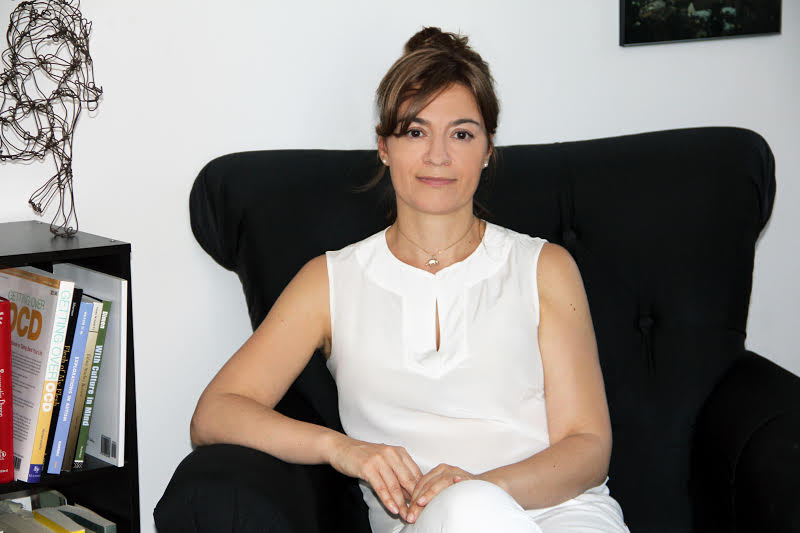license in Psychoanalysis in 2006 and graduated from the Full Psychoanalytic Program in 2007. Subsequently, I trained in Cognitive Behavior Therapy at the Beck Institute.
While developing my private practice, I also worked for The Mental Health Providers of Western Queens (MHPWQ), helping mostly immigrant and disadvantaged children, couples, and adults find their bearings in a new environment. This was an excellent training in trauma relief of all kinds. At MHPWQ I have also presented workshops on mental health and intercultural communication to teachers and therapists. In 2007, I have consulted for the Center for Urban Community Services (CUCS) on a project about housing for homeless people. An article was subsequently published.
I’ve worked with people from all walks of life, from survivors of sexual abuse and trauma, to students that need help in adjusting to a new life in New York City; from isolated CEOs that need someone they can trust to help them develop their leadership style, to illegal immigrants that live in a constant state of vulnerability and exploitation; from overly social people that need help in establishing personal boundaries and a central core, to people that are isolated and shy; from people whose bodies communicate through a range of symptoms and pains, to people who are numb, both in their bodies and their feelings.
Since 2010, I have introduced mindfulness, meditation, and guided visualization into my work, and on a personal level, I practice meditation, Qigong, and Yoga. I believe that in order to help others, a practitioner first needs to be centered, to take care of herself and to be connected to her mind and body.
I put great emphasis on professional development that goes beyond my main areas of expertise. For instance, one of my recent trainings was in Meaning-Centered Psychotherapy (MCP), at Memorial Sloane Kettering Cancer Center, where I learned a therapy protocol to help cancer patients and their families. In 2018 I also completed a training in Ericksonian Hypnosis Level I at the Neuro Linguistic Center of New York.
The side of me that is action-oriented and wants to jump in and fix things is my CBT side. The other side likes to take things slowly and allow a deeper process to unfold — working with dreams, summoning intergenerational “ghosts,” examining how entrenched patterns develop in our lives and repeat in our relationships. That is the psychoanalytic side. The anthropological me thinks carefully about how people’s lives and dilemmas are situated in their specific socio-cultural circumstances, and adds another dimension to the way I practice psychotherapy. We are all bombarded by contradictory messages about how and who we ought to be. In this city, for example, no matter how good looking, successful, wealthy, and accomplished we are, most of us compare ourselves with others and try to keep pace with ever-escalating expectations. The result is that too often even our greatest accomplishments leave us feeling depleted and empty.
I bring these different points of view to my psychotherapeutic practice, blending them according to my clients’ personalities and what they are looking for in our work.

